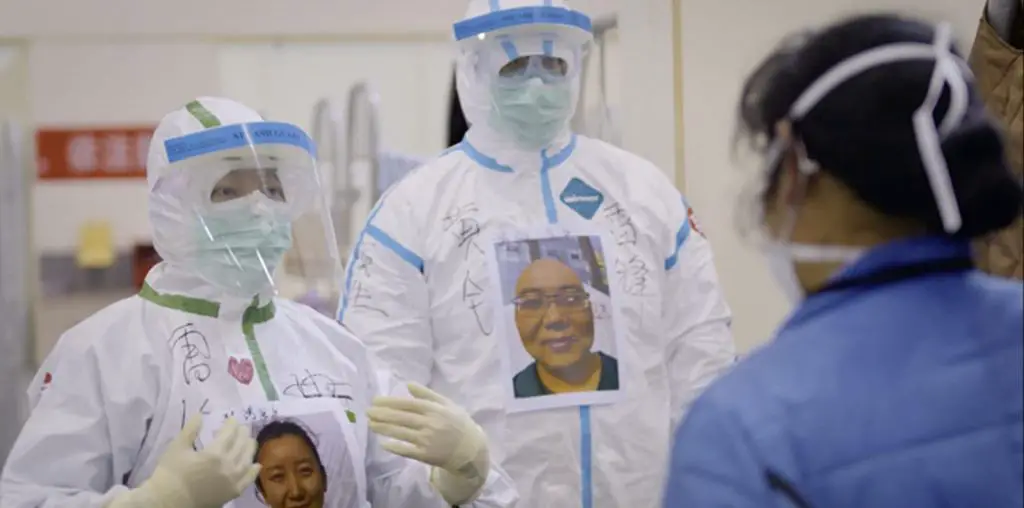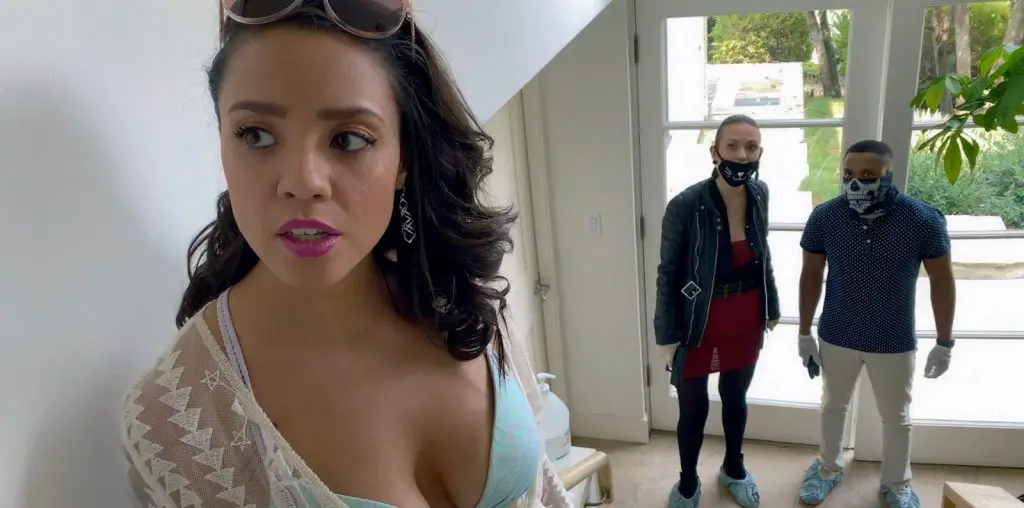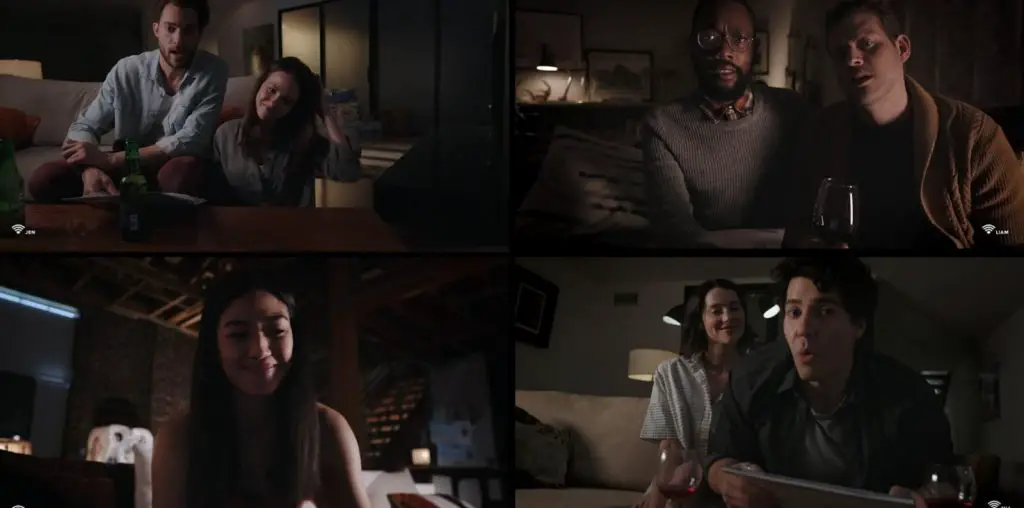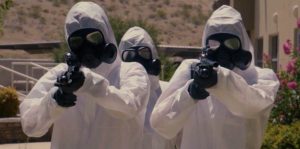
As bad as corona-palooza has been, it could have been a lot worse. After the Pandemic, written and directed by Richard Lowry, imagines a scenario in which the death rate for a new virus isn’t 1%, but somewhere around 98%. To paraphrase George Carlin, the planet has shaken us off like a bad case of fleas. Entire towns are now populated with single individuals, one of which is Ellie (Eve James) — a popular name in the post-apocalypse, apparently.
Ellie, in spite of everything, maintains a routine for sanity’s sake. She rides her bicycle to school every morning — passing the same dead body — and enacts her own little ballet class. When she gets home, she cracks open a can of cat food and silently eats. Ellie does everything silently, not just because there’s no one to talk to, but because a team of government goons in gas masks occasionally drive by, and they don’t seem like the census-taking type.
For one reason or another, Ellie leaves her neighborhood and stumbles across a new city. It’s here that she meets Quinn (Kannon Smith), who has taken a different approach to the new world. For as much as Ellie is a mousy, green, post-apocalyptic ditz, Quinn is survival-minded. She wields a crossbow (not the most practical weapon, but there is a precedent), dresses in camo, and is prepared to do whatever it takes to secure a tomorrow. Though Quinn enjoys Ellie’s company, she’ll hightail it if she feels the heat coming around the corner.
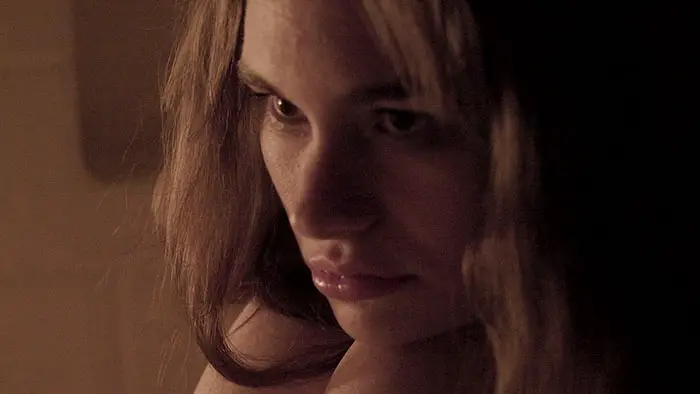
“…rides her bicycle to school every morning — passing the same dead body — and enacts her own little ballet class.”
Until Ellie and Quinn meet, After the Pandemic contains no dialogue, which shows that Lowry has an attractive level of confidence in the material and the audience to follow it. It also helps to establish the loneliness of the end times, or the serenity of the end times, for the misanthropes out there. Even when the two meet, they speak softly, partly to not arouse attention but also because they’re unaccustomed to using their voice. It’s a powerful tool for the story, as it’s not an obvious thing that would happen, but completely believable in action.
The way in which the dialogue is written and the character dynamic plays out is largely effective. You won’t find any story subversions or particularly deep ideas, but there aren’t many record scratches, either. James and Smith are both fine actors, opting to underplay important moments rather than be noticed. The friendship developed between their two characters reads as genuine, though one of them is subject to a character arc that is telegraphed out the wazoo.
It’s also worth noting that the movie wears its low budget well, with some exceptions. At one point, Ellie and Quinn get robbed by a group of bandits that look like the late shift at a GameStop. It’s the Hurley dilemma from Lost. After several years of living in a brutal, uncivilized wasteland, you’d think somebody would develop some muscle tone.
When it’s all said and done, After the Pandemic turns out to be a pleasant little story about a friendship that springs from the unlikeliest of places. The neat bowtie of an ending does the rest of the movie a disservice, however. This is not a bowtie sort of narrative. This is the sort of film that should end with its hair ruffled, its shirt torn, and a tooth missing — smiling, limping, or both.
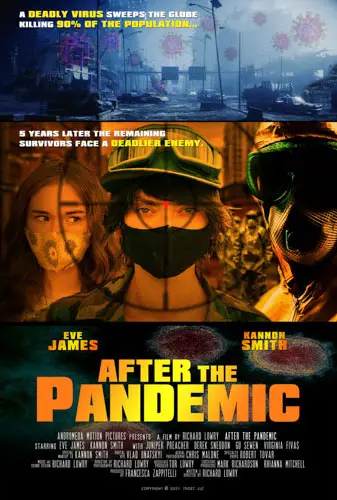
"…a pleasant little story about a friendship that springs from the unlikeliest of places."
